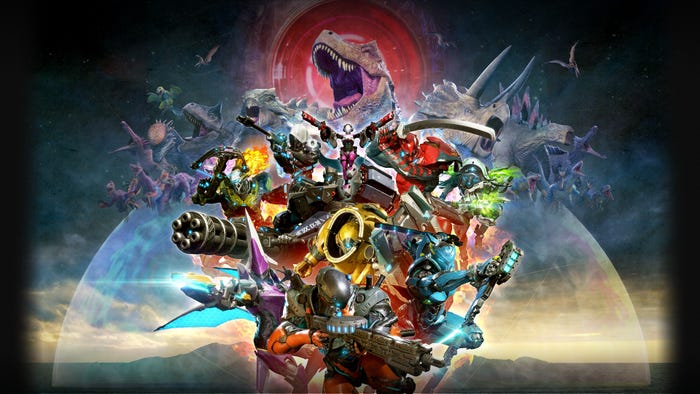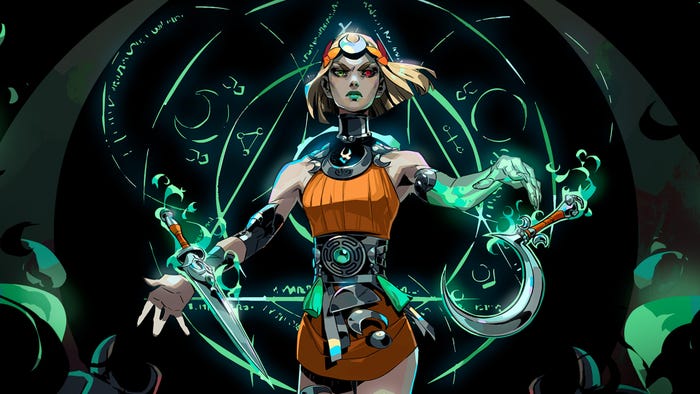On Three Simple Words and the Importance of Humility
Try to admit when you don’t know something, and you’ll be far better off. Sometimes the “common sense” or intuitive answer that comes to mind may not be accurate at all. Be smarter by asking when you don't know, or making an effort to find out and learn.


A lot of entrepreneurs—hell, a lot of people—think that being a smart person means having all the answers. Knowing what to say and when to say it. Knowing how to answer every question. Knowing every little nuance of your business and your industry like the back of your hand. You can’t be smart unless you know everything and you’re the thought leader in your field, right?
That’s nonsense.
Where did all of us start out once? As babies. Knowing nothing. We had to work our way up from the bottom—both metaphorically and in terms of height—and learn, grow and challenge ourselves along the way to get to where we are today. Whether you’re a chef or a business analyst, you did not know everything you know today when you entered this world—you had to learn. There’s no shame in that; it’s natural. In fact, education is well-respected—having credentials from a school like Columbia or Harvard gains you major merit and goes hand in hand with being “smart.” Studying for four years is an honorable task and people complete it feeling accomplished and successful.
So why are we so afraid of learning in our everyday lives?
Imagine this. You’re in a meeting with a client, a partner or even just a co-worker. They pose a question to you. Not too complicated. You feel like you should know the answer to this. Crap. You don’t. The pressure starts to build. You rack your brains, thinking of an answer. Could it be…no, it isn’t, it must be…but…hmm… Nothing is coming to mind your client slash partner slash co-worker is standing there looking at you the pressure is building and building and building you feel like you have to say something because you’re a smart person, right? You must know the answer to this. Think. Think. Think harder. Say the right thing!
STOP. Want to know the secret to dealing with these situations and many others in life? It’s very simple—just three words:
“I don’t know.”
Many confuse lack of knowledge with lack of intelligence. This is a totally backwards way of thinking. Being able to admit your lack of knowledge, swallow your pride, say you don’t know and be willing to learn something new is the mark of intelligence and wisdom. It doesn’t matter if you’re fourteen or forty, there is always something you don’t know. It’s bound to happen. There’s no way you could possibly know every little detail about everything in this universe.
It’s okay to not know some things. Be excited to learn what you don’t know.

As humans, we hate having our pride contested. We hate feeling threatened and we want to be as sure of ourselves as we can. Naturally, when something comes along that we aren’t sure of, our egos feel threatened and we are worried—for our career, our success, our reputation and our integrity. You are a “smart” person and you want to stay “smart.”
Here’s the thing: as soon as you start accepting the fact that it’s okay to say “I don’t know” and move on while learning something new, your perspective and mindset will change dramatically. Humility and being able to acknowledge when something is out of your reach does not reflect badly on you as a person—in fact, it does the opposite. Some of the smartest people I’ve met have said to me “I don’t know what that means. Can you explain it to me?” I didn’t lose respect for them or think any less of them. Instead I gained respect for them—this person is already so bright and brimming with knowledge, and now they want to find out even more? Awesome. Let me help them get there.
If I’m in a meeting with a client and they ask me if I’m familiar with a certain technique or idea essential to completing a project, I give an honest answer. A lot of professionals—especially consultants—will try and bring up some fluff for an answer, for fear of looking foolish for not knowing something the client needs. The thing is—you will look more foolish trying to figure something out and flip-flopping around in doing so than you will just asking a question.
Don’t get me wrong—I’m not saying take up a management consulting project without knowing what SWOT analysis is, and definitely don’t start mixing chemicals without understanding what ionizes and what doesn’t—don’t use the ability to ask questions as a crutch for fundamental knowledge. Instead, if there are little nuances or small details you’re unsure of, ask away! It’s okay to be unfamiliar with certain things, so long as you make the effort to learn and fill the gaps in your understanding.
This principle applies to anything and everything. What if a friend asks you about the population of San Francisco, and you’re not sure?
Wrong: “Uhh…probably around two to three million; it seems like a fairly big city.”
Right: “I’m not too sure…let me look that up for you…oh, it’s around 800,000!”

The second answer seems much “smarter,” right? The person didn’t know something, so instead of fluffing an inaccurate fact, they took the time (in this case, probably about eight seconds, tops, to run a Google search) to learn something new and enrich their knowledge. That’s smart.
Try to admit when you don’t know something, and you’ll be far better off. Sometimes the “common sense” or intuitive answer that comes to mind may not be accurate at all. You’ll end up looking less smart if you try to stay proud than if you swallow that pride and increase your knowledge. Work on catching yourself when your knowledge or intelligence feels threatened, and redirect your stress into excitement to learn something new.
Don’t be obsessed with having all the answers.
Be obsessed with finding all the answers.
Read more about:
BlogsAbout the Author(s)
You May Also Like













